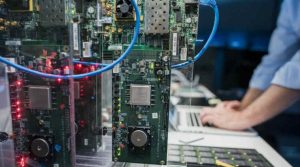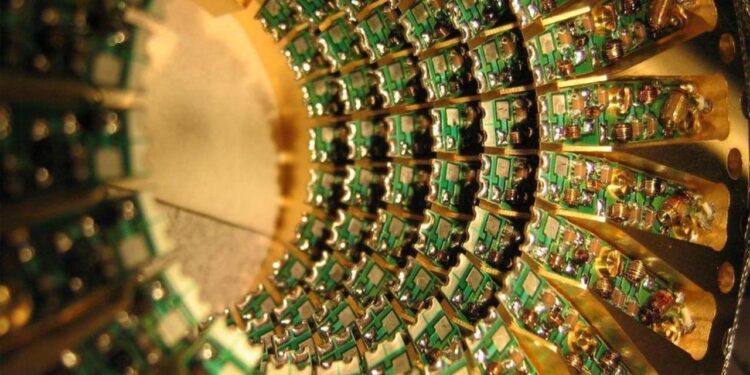As modern computers reach their limits of processing power, quantum computing is starting to offer hope.
The computers we use today have been a driving force in the world for decades, but there are certain problems that they will simply never be able to solve.


Consider the caffeine molecule in a cup of coffee. Surprisingly, it’s complex enough that no computer that exists or could be built would be capable of modeling caffeine and fully understanding its detailed structure and properties.
This is the type of challenge quantum does has the potential to tackle.
Quantum computers work faster than traditional computers—they may for some applications but not for others—but that they will work fundamentally differently. Actually, these machines will be an engineering challenge.
Quantum for all: Welcome to the future
Quantum computer is not anymore science fiction and traditional computing companies are exploring the technology. Hewlett-Packard is trying to build its own machine. Google is taking part too. Intel’s global quantum investments include $50m going into work at QuTech, the Netherlands’ national quantum-technology hub.
Microsoft’s topological quantum approach, if it works, will be much less error-prone. Researchers from Yale and the University of Maryland have spun off companies, and physicists who had worked at IBM and America’s Department of Energy have started their own firms.
Not only companies are looking out what quantum computing can offer, the startup scene is also becoming increasingly vibrant and governments are considering viable too.
Australia’s has invested 20 millions in a laboratory at the University of New South Wales in Sydney.
Google has created what they call the Quantum Artificial Intelligence Lab,2 where they’re exploring using our computer for AI applications or learning applications. And NASA has a whole set of problems that they’re investigating, ranging from doing things like looking for exoplanets to [solving] logistic problems and things like that, as McKinsey Global Institute revealed.
Quantum computers could be exponentially faster at running artificial-intelligence programs and handling complex simulations and scheduling problems. They could even create uncrackable encryption.












